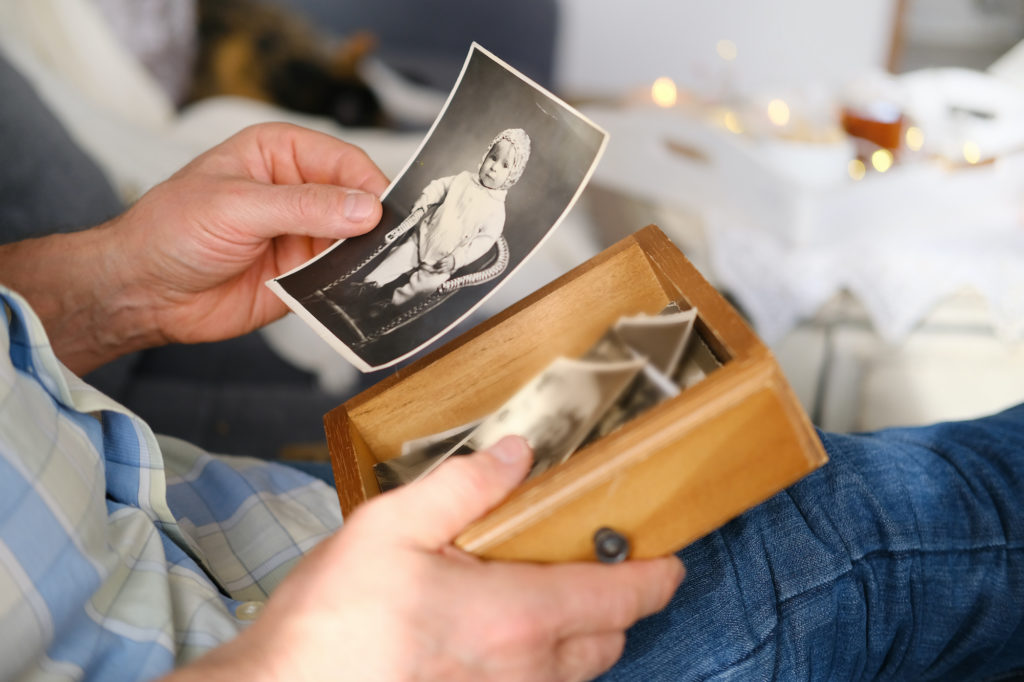
Clients frequently ask estate planning attorneys, “What’s the best way to leave something for my grandchildren?” When grandparents enter the twilight of their lives, their hearts often turn to the younger generation. They love their grandkids and want to give them financial advantages. A great way to do so is through an inheritance.
Default State Law for Inheritance

For most grandparents, leaving bank accounts and property to the parents of their grandchildren ensures the financial stability of the family unit. This benefits their children and grandchildren. In fact, default inheritance laws typically reflect the common desire to provide first for children and then for grandchildren. From a practical perspective, the grandchildren’s parents often understand how to use the money for the benefit of their children. What’s more, they may spend or invest it appropriately on their children’s behalf.
Accidental Inheritance

Often, however, grandparents may choose to leave assets directly to their grandchildren. For example, a grandparent could believe that their own children could irresponsibly use the money for themselves. Alternatively, the grandchildren’s parents could be independently wealthy. In this case, distributing property to them would unnecessarily expose them to estate taxes in their own estates.
In some cases, the grandparent may have meant to leave everything to their adult children, but events interfere. For example, an inheritance sometimes flows to grandchildren unintentionally. This is often due to an accident or illness that prematurely takes the life of an adult child. In these situations, consider the possibilities and the options for leaving an inheritance to grandchildren. Failure to do so produces long-lasting consequences.
Outright Gifts

Perhaps the simplest way to leave an inheritance to grandchildren results from naming them as beneficiaries in your will or trust. In such a case, they receive a specific amount of money or a percentage of the total accounts and property. If every grandchild who receives such gifts remain of sound mind and body, this strategy may work. However, such is not always the case.
Cons of Direct Inheritance

However, you could create additional hassles by leaving a gift directly to your grandchildren. The executor of your estate or the trustee of your trust establishes certain types of custodial accounts. These hold the gift for the minor child until they reach the age of maturity. Once the child comes of age; you may lose control over how the grandchild uses the money. Thus, they could spend their inheritance on fast cars and fancy clothes instead of an education. In a worst-case scenario, a grandchild could unwisely invest it with a spouse who later divorces them. Or they could partner with an unscrupulous businessman or woman who preys on inexperienced individuals with money.

By making yourself aware of these risks, you take steps toward making sure that your property ends up in the right hands. Finally, carefully crafting your estate plan will protect your grandchildren not only from poor spending choices but also from the claims of a divorcing spouse, an unethical business partner, or an opportunistic lawsuit.
About Skvarna Law in Glendora and Upland, California
Skvarna Law Firm operates offices in Glendora and Upland, California. Also, we provide legal services. We cover San Bernardino, Los Angeles, Orange, and Riverside Counties. This includes several cities. Upland, Ontario, Rancho Cucamonga, Fontana, Colton, Rialto, Chino, Chino Hills, Glendora, Claremont, Pomona, La Verne, Montclair, San Dimas, Azusa, Covina, West Covina, Diamond Bar, Walnut, La Puente, Corona, Norco & Mira Loma.


